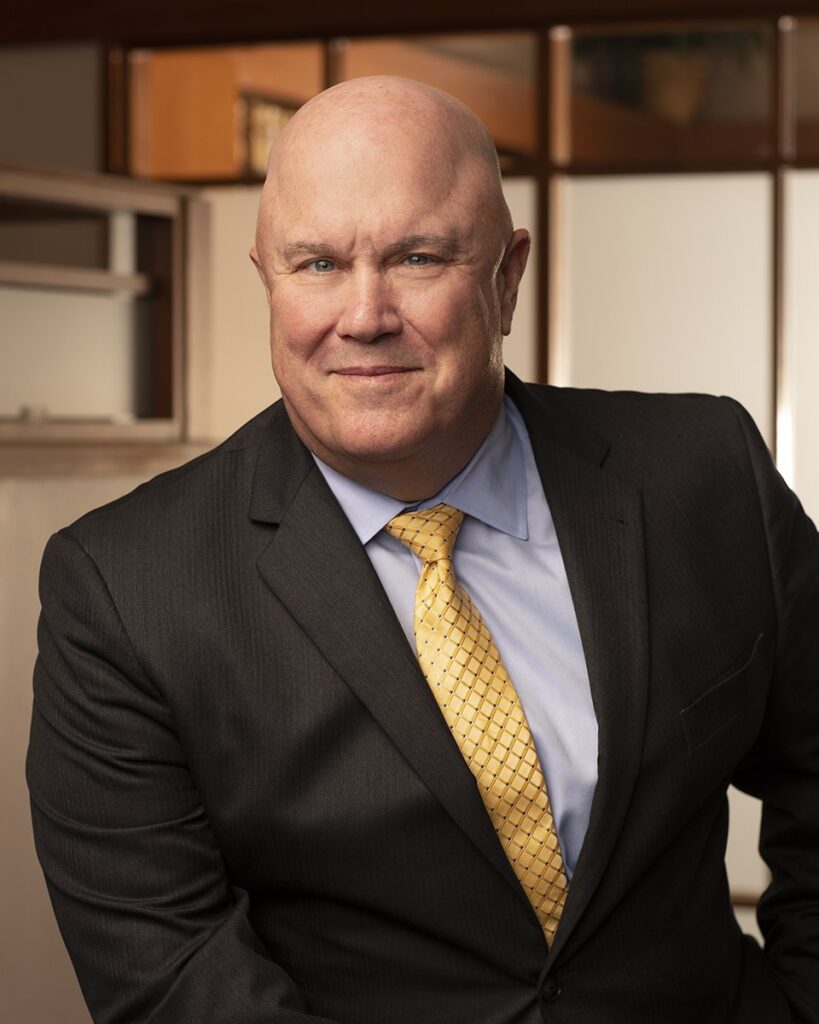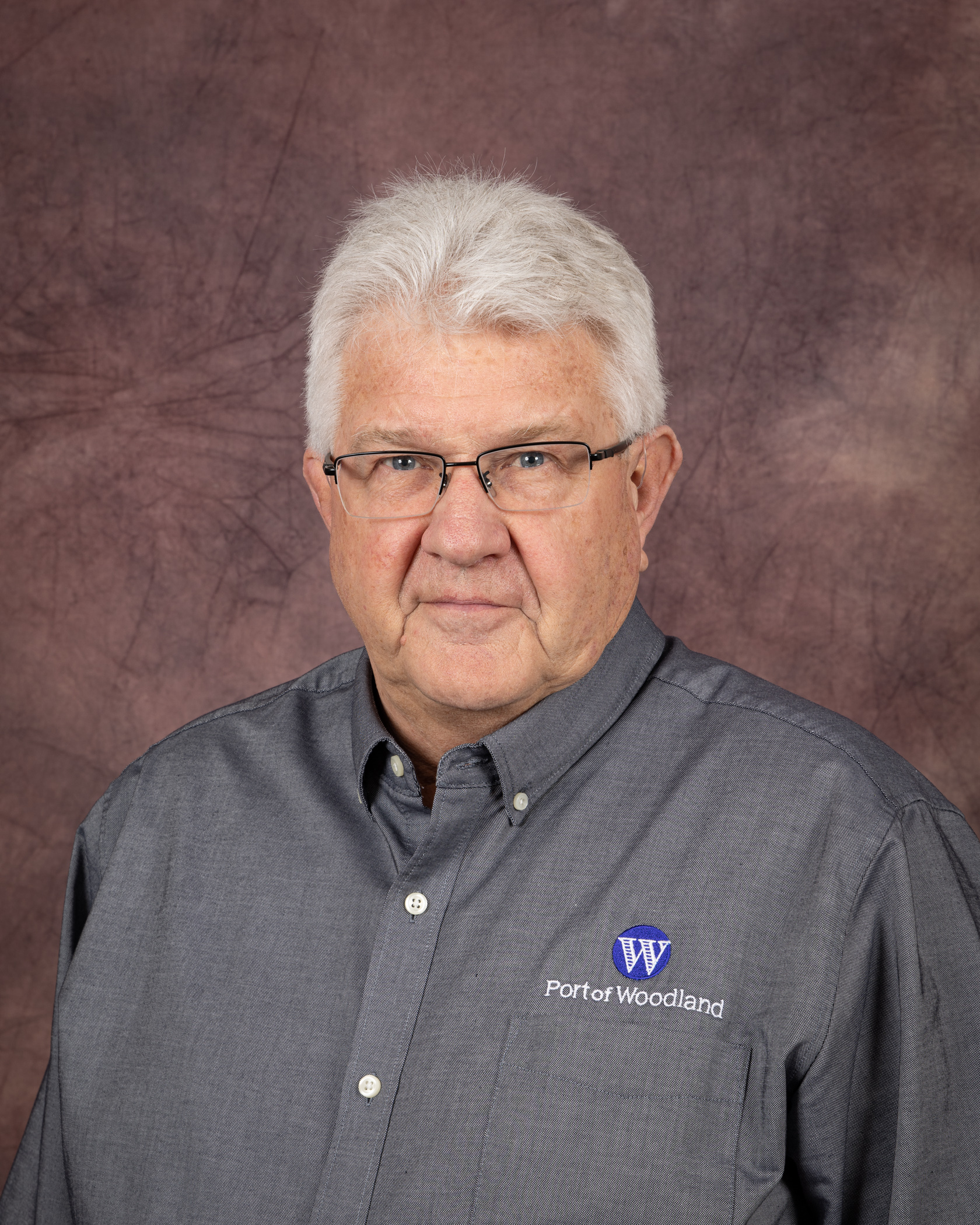By Frank Chmelik and Tim Schermetzler of CSD Attorneys at Law P.S.
This month’s KTW blog post is going to look at some “best practices” for managing a contentious public meeting. We covered this topic in a bit more depth with the help of Commissioner Skip Novakovich of the Port of Kennewick at the recent Commissioner Seminar in Richland.
In our view, it is important to manage contentious issues or a contentious meeting well so that a port’s reputation with the public (the so called “political bank account”) is not diminished by the conduct of the meeting. Indeed, experience shows that a well-run meeting on a contentious issue can enhance the confidence the public has in the port and the commissioners. Here are some “best practices” to consider.
Adopt a Resolution on Governing the Transaction of the Commission Business. Before a contentious issue arises, adopt a resolution detailing the “rules governing the transaction of its business” (RCW 53.12.245). Most ports have adopted a similar such resolution. If so, periodically review the resolution to make sure it is still relevant. The idea here is to efficiently move through the port agenda and ensure that (i) all commissioners have equal rights, privileges, and obligations and (ii) that there is a full and free debate on an issue before a vote. The resolution should address the port’s policy on public comment. Understand that there is a right for public comment at or before any meeting where a “final action”[1] is taken, and the OPMA encourages public comment on all matters. The “best practice” is to periodically review this resolution.
Recognize and Plan for Contentious Meetings or Issues. Experience shows that most of the time everyone knows that an upcoming issue may be contentious (either with segments of the public or between commissioners), so plan ahead. It is difficult to watch commissioners start a meeting where the room is packed, the speakers are many, the issue is contentious, and there is no plan other than to suffer through the meeting. The central idea here is once recognized, a proper plan will mitigate the impact on the port commissioners and the port’s reputation. In the plan, think ahead about the number of commission meetings that will be held, where they will be held, the various opportunities for the public to speak, the ways that the public can submit written comments, and when the commission plans to make a final decision.
Acknowledge that the Issue is Contentious. First and foremost, at a commission meeting the commission president should acknowledge that the issue is contentious and important to the community, that the port commission welcomes and needs public comment, that it is the duty of the port commission to consider all points of view and ultimately arrive at a decision. Let the public know that there are competing interests which must be carefully weighed and evaluated.
Communicate the Plan. At a commission meeting, the executive director or the commission president should talk about the plan for the issue. Include the meeting dates and location where the port commission will receive a presentation by staff, where public comment is invited, how to submit written comments, how to participate virtually, when the commission will discuss the issue as a commission, and when the commission will take a final action. Be clear about the length of each person’s allotted time for public comment. Also, be clear that this is an opportunity for port commissioners to listen to the public, but not to engage in discussion or answer questions from the public. For a significant multi-meeting plan, publish the plan on the port’s website.
Get A Room. Experience shows that a packed commission meeting room increases the overall tension and temperature. If the planning process indicates that a large crowd is expected, move the port commission meeting to a large room, for example at a local community college, a county council chambers or a city council chambers. I recall a port district renting a local theater to hold a commission meeting with the commissioners up on the stage. The idea here is to not let tensions and temperature rise because the normal commission meeting room is too small.
Invoke a Community Standard. At the onset of each meeting on the issue remind the audience that the wider community (not the port) has a tradition of treating everyone with respect, listening but not interrupting, and not engaging in personal attacks. Remind the audience that applause and yelled comments are not in keeping with the “community standard”. A speaker should be reminded of this if the speaker veers away from this standard, particularly if the speaker veers into personal attacks on commissioners, staff members or other members of the public. Here, the president (or moderator) needs to stop the speaker and again invoke the community standard.
Consider a Moderator. Consider tasking a moderator to run a public comment portion of a meeting. This takes the commission president out of the role of enforcing the time limits and invoking the community standards. The moderator explains the plan, the role of the commission, and that the commissioners are there to listen. The moderator calls the speakers from the list and generally works to keep order. This has worked well for large crowds.
Follow the Plan. Port commissioners should remind themselves that the port’s political bank account is at play. Sit back and politely listen to the public comments. Watch the “body language.” Nothing angers a speaker more than a commissioner checking text messages or appearing bored or hostile. Do not engage with a speaker, even if asked a question. Be flexible on the time and let the speaker know that they need to wrap it up. The president (or moderator) should thank each speaker.
Take a Break. If a meeting gets out of hand, take a recess to cool the tension and the temperature. If that does not work, the commission can adjourn the meeting to another time.
In summary, most port meetings are routine and go along with little public input or controversy. However, when a contentious issue or meeting is seen on the horizon, proper planning and execution of the plan is a “best practice”.
As always, please contact your port counsel with any questions regarding this topic. And, if you have a particular question for a Knowing the Waters, please email us at fchmelik@csdlaw.com or tschermetzler@csdlaw.com.
[1] A “final action” is the collective positive or negative decision or actual vote of the commission.




